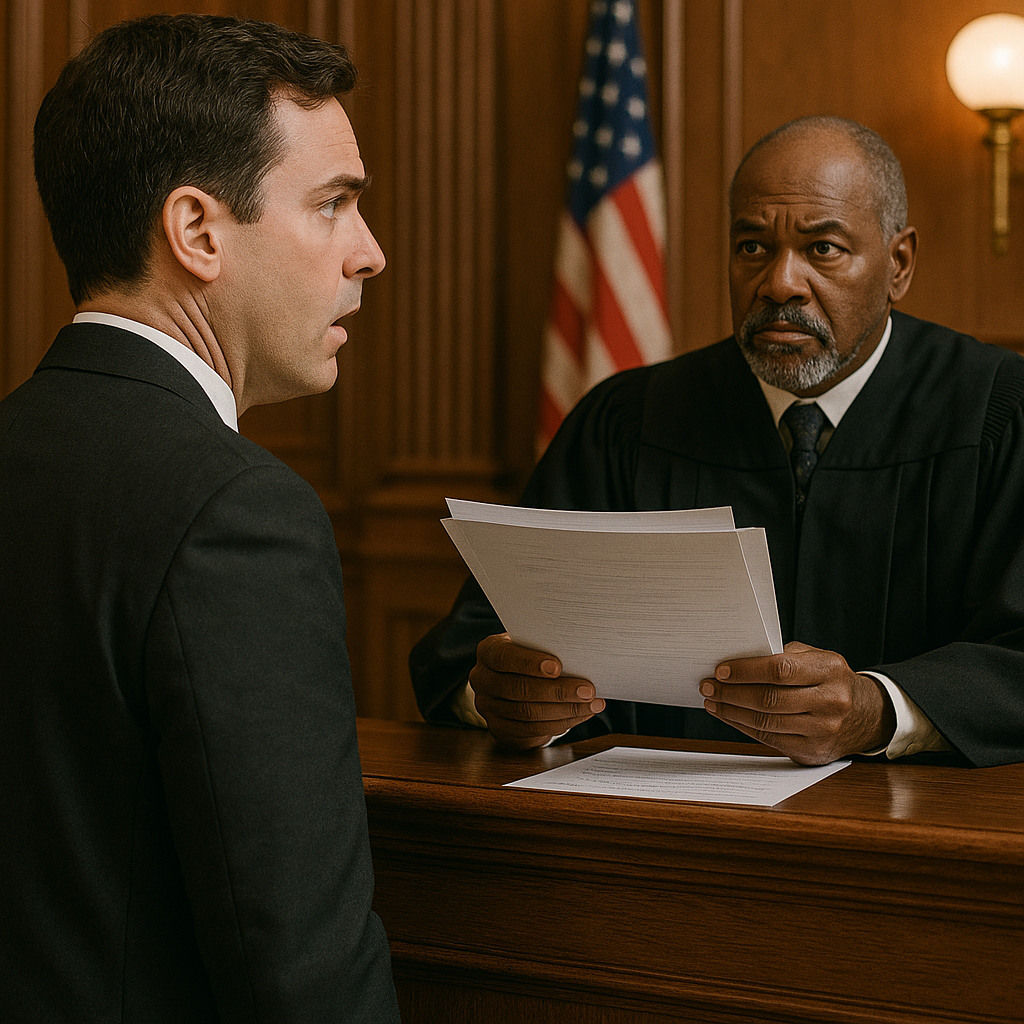Just a few weeks ago, the Fort Myers Division of the United States District Court for the Middle District of Florida handed down its memorandum opinion on the insurer’s motion for summary judgment in Royal Marco Point I Condo. Ass’n, Inc. v. QBE Ins. Corp., No. 3:07 CV 16, 2010 WL 2757240 (M.D. Fla. July 13, 2010). Among other things, the insurer, QBE Insurance Corporation, argued that its participation in appraisal and timely payment of the appraisal award precluded an action against it on bad faith.
Royal Marco is a corporation that operates condominiums and related properties on Marco Island, Florida. Royal Marco had insured its properties with QBE when Hurricane Wilma hit in October of 2005. Royal Marco immediately submitted a claim to QBE and QBE’s adjuster initially estimated over $1 million in damage from Wilma. In February 2006, QBE’s adjuster submitted a request for almost $500,000 in undisputed benefits to be paid, but QBE responded by paying only $250,000. By April of 2006, repair expenses exceeded $4 million and Royal Marco had expended its entire maintenance reserve account, levied its residents, and was forced to borrow on a line of credit to pay mounting repair expenses. In November of 2006, Royal Marco filed a Civil Remedy Notice (CRN) against QBE, and eventually filed suit against QBE in January of 2007 after rejecting QBE’s settlement offer that was roughly half of what was needed for repairs. QBE invoked appraisal and the parties finally agreed to enter appraisal in December of 2007. An appraisal award was issued in June of 2008, which was in turn paid by QBE in August of 2008. Royal Marco then filed suit for bad faith, and QBE filed its motion for summary judgment.
QBE argued that the appraisal award had a res judicata and collateral estoppel effect on Royal Marco’s bad faith lawsuit, essentially arguing that the appraisal award had already decided the issue of bad faith in favor of QBE. The Court did not agree, responding:
But the appraisal award was based on Royal Marco’s breach of contract claim, not its bad faith claim, and it is well-settled that “[a] claim arising from bad faith is grounded upon a legal duty to act in good faith, and is thus separate and independent of the claim arising from the contractual obligation to perform.” Blanchard v. State Farm Mutual Automobile Ins. Co., 575 So. 2d 1289, 1291 (Fla. 1991); see also Dadeland Depot, Inc., 483 F.3d at 1271-1272 (11th Cir. 2007) (holding that insured was not barred from asserting separate bad faith action against insurer despite the fact that insured could have brought bad faith claim in its earlier arbitration proceeding). Because Royal Marco seeks recovery at present for damages allegedly caused by QBE’s bad faith, and not breach of contract, its claims are not barred by res judicata or collateral estoppel. [FN1]
FN1. For similar reasons, the Court declines to dismiss Royal Marco’s claims for its appraisal costs, despite the contractual language indicating that such fees would be split. Because Royal Marco alleges that it would not have had to undergo appraisal but for QBE’s bad-faith delay in settlement, such costs would appear to be consequential damages authorized by the statute.
QBE then argued that a bad faith lawsuit was precluded because QBE had timely paid the appraisal award. The Court was unpersuaded by QBE’s argument and provided a concise lesson in bad faith to the insurer:
Florida’s bad faith statute obligates an insurer to act “fairly and honestly toward its insured,” and “with due regard for her or his interests.” Fla. Stat. § 624.155. This statutory duty “is grounded in the common law obligation of good faith that was traditionally imposed on insurers, which obligated insurers to `refrain from acting solely on the basis of their own interests’ rather than those of the insured party.” Dadeland Depot, Inc. v. St. Paul Fire and Marine Ins. Co., 483 F.3d 1265, 1276 (11th Cir. 2007) (quoting Farinas v. Fla. Farm Bureau Gen. Ins. Co., 850 So.2d 555, 558 (Fla. 4th DCA 2003)). Thus, a bad faith claim “is founded upon the obligation of the insurer to pay when all conditions under the policy would require an insurer exercising good faith and fair dealing towards its insured to pay”, an obligation which “requires the insurer to timely evaluate and pay benefits owed on the insurance policy.” Vest, 753 So. 2d at 1275 (Fla. 2000). The determination of whether the insurer has acted in good faith is fact-intensive and thus typically for the jury. See Dadeland Depot, 483 F.3d at 1278 n. 10 (collecting cases).
In the end, the Middle District Court held that neither QBE’s participation in the appraisal process, nor its timely payment of the appraisal award, was sufficient to preclude Royal Marco’s bad faith suit as a matter of law.




